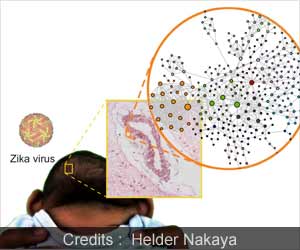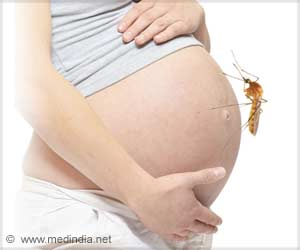
‘Congenital Zika syndrome (CZS) exhibits a range of neurodevelopmental issues such as microcephaly, and central nervous system malformations in congenitally affected children, at the age of two. These can now be tracked using a routine neurological assessment.
’
Tweet it Now
The present study analyzed 42 CZS-affected children between the ages of 25 and 32 months from a Microcephaly Outpatient Clinic in Brazil. Among them, 19 children (45.2%) were male, with the median age of evaluation being 28 months. Neurological Assessment
All the children had a head circumference of more than 2 standard deviations below average. The neurological and neurodevelopment assessment of the patients were made using Hammersmith Infant Neurological Examination (HINE) and the Bayley Scales of Infant and Toddler Neurodevelopment (Bayley-III) respectively.
It was found that these children in general demonstrated severe language, cognitive, and motor delays, along with severe neurological symptoms, as measured by evaluation tools. Moreover the scores effectively captured also the heterogeneity in these symptoms.
“Children with CZS-associated microcephaly demonstrate severe neurodevelopmental impairments. However, they have heterogeneous development patterns and it is necessary to understand the differences between these children to provide a better health intervention,” say the authors.
Advertisement











